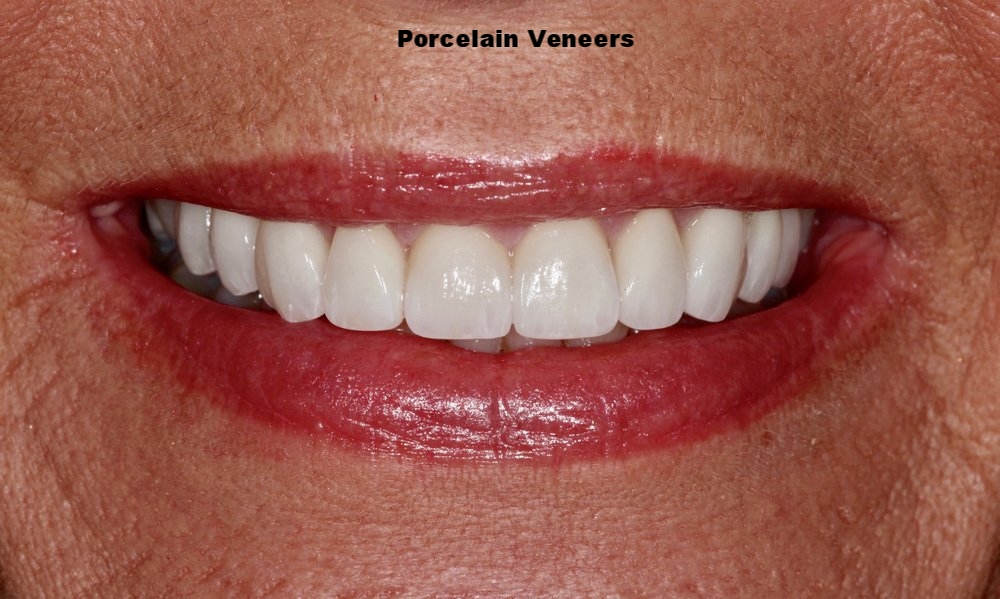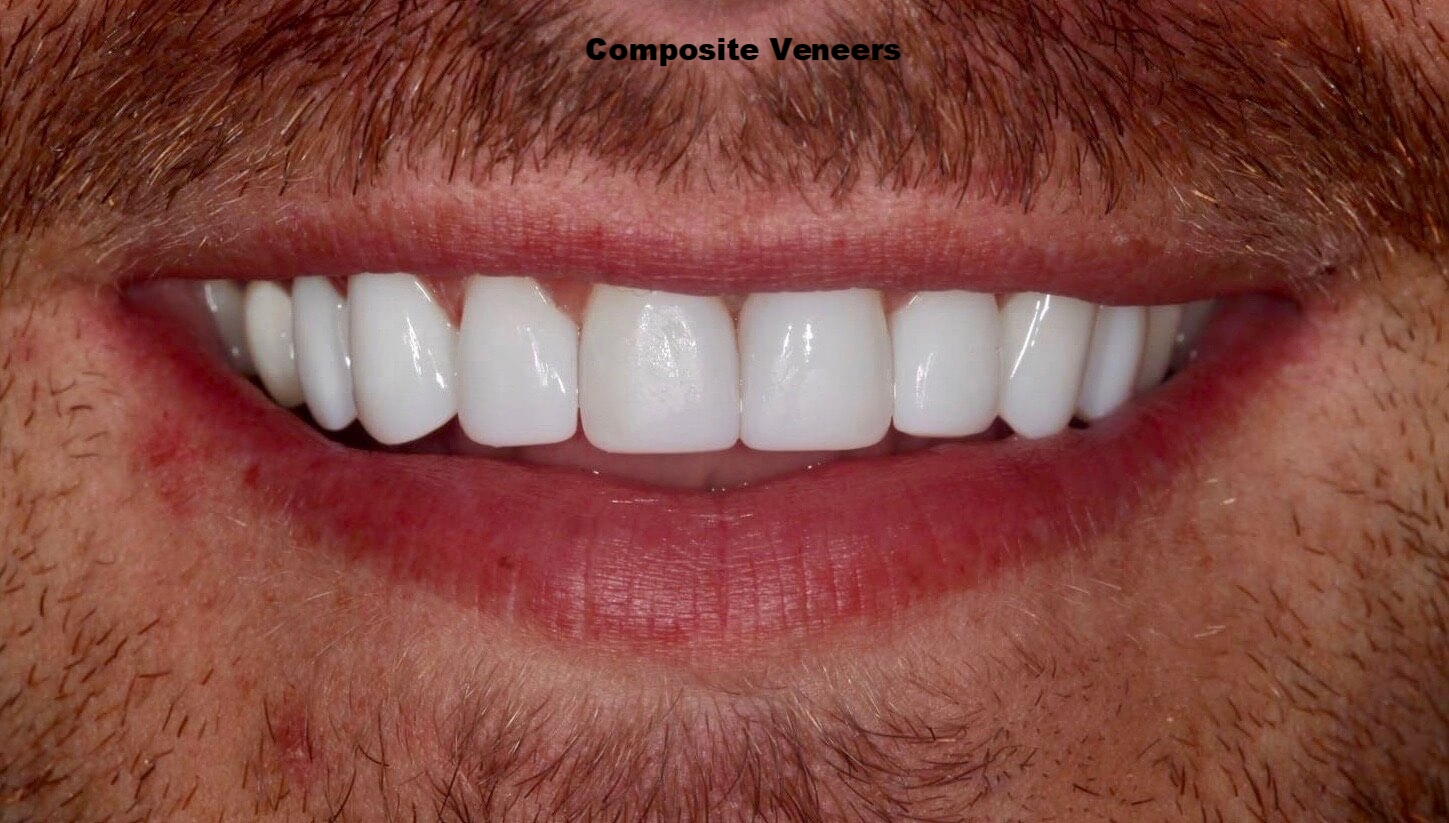Getting to the root of the issue: porcelain veneers or composite veneers?
If you’re keen to transform your smile, the chances are you’ve already looked into the option of veneers. And you’ve probably discovered that porcelain isn’t the only material that can be used.
However, while both porcelain and composite veneers can deliver excellent results, there are some significant differences between the two to consider. The key differentiator is cost. As expected, porcelain is a premium, hard-wearing material that tends to have greater longevity compared to composite. For that reason, the price tag per tooth will be greater.
Unlike composite veneers, porcelain veneers are crafted externally by a dental lab. For this reason, it’s important to see some examples of your dentist’s previous porcelain veneer cases so you can assess quality, and visualise the skill of the dentist in placing them – something that can make or break the finished result. Prices can vary significantly, and much of it will hinge on the experience and quality of the dental lab being used to produce your veneers. Remember, there’s usually a reason if your quote for porcelain veneers is extremely low. I personally use a few different high-quality labs, and make my selection on a case-by-case basis depending on the overall look the patient wants to achieve.
In contrast, composite veneers are shaped by hand directly onto the teeth by the dentist in the surgery. As a result, it is possible for composite veneer treatment to be completed in one sitting. As the composite is applied freehand, the dentist’s eye for detail and experience is pivotal in ensuring the end result is flawless and blends into the smile. As the material is composite – rather than porcelain – composite veneers are more cost-effective but are unlikely to offer the longevity of porcelain.
Here’s a quick rundown of some of the key differences between porcelain and composite veneers:
Porcelain Veneers
· A premium material
· More expensive
· Typically last longer than composite
· Hard-wearing
· Fitted by the dentist
· No/minimal preparation required to teeth (if already straight)
· Likely to achieve a more aesthetically ‘perfect’ smile
Composite Veneers
· Shaped by hand onto the teeth by the dentist
· Cost-effective
· Quick result, but not as long-lasting as porcelain
· No/minimal preparation required to teeth (if already straight)
Thinking about veneers but unsure which option is right for you? Book a Smile Makeover consultation with me in Southport or Cheadle Hulme for your own bespoke treatment plan. Call on the numbers below or request a call back via my website.
Southport: 01704 360322
Cheadle Hulme: 0161 401 4322

